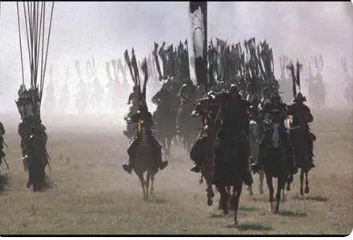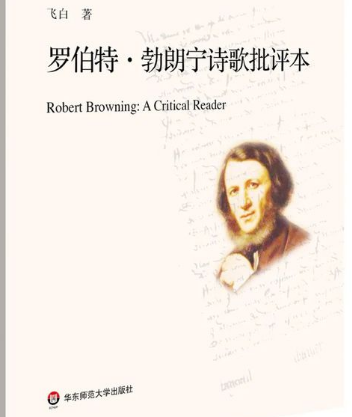In the history of the Qing Dynasty, the reign of Emperor Qianlong is considered a period of political stability and economic prosperity. However, behind this prosperous era, there are also some lesser-known stories. Among them, Emperor Qianlong's reversal of the conviction of Eighth Prince is a typical example. This article will delve into why Emperor Qianlong reversed the conviction of Eighth Prince and the historical truth behind this event.

I. The Wrongful Conviction of Eighth Prince
Eighth Prince, also known as Aisin Gioro Yin'e, was the eighth son of Emperor Kangxi. He was intelligent and deeply loved by Emperor Kangxi since childhood. However, during the struggle for the throne in Emperor Kangxi's later years, Eighth Prince was framed and demoted to a commoner, eventually dying in melancholy. This incident caused a stir at that time, and many believed that Eighth Prince was wrongly convicted.
II. Emperor Qianlong's Ascension to the Throne
Emperor Qianlong ascended to the throne in 1735, becoming the sixth emperor of the Qing Dynasty. He made a series of adjustments to his grandfather Emperor Kangxi's policies and personnel arrangements. In this process, he also began to pay attention to the Eighth Prince's wrongful conviction.
III. Reasons for the Reversal
There are many reasons why Emperor Qianlong reversed the conviction of Eighth Prince: Firstly, Emperor Qianlong is a monarch who values the rule of law and emphasizes fairness. He believed that Eighth Prince's wrongful conviction was a victim of political struggle at that time, so it was necessary to reverse it; secondly, Emperor Qianlong hoped to establish his own prestige by reversing the conviction of Eighth Prince, demonstrating his ability to govern the country wisely and perceive the smallest details; finally, Emperor Qianlong may also have reversed the conviction out of care and respect for family members, hoping to restore Eighth Prince's reputation.
IV. Impact of the Reversal
After Emperor Qianlong reversed the conviction of Eighth Prince, Eighth Prince's reputation was restored, and his descendants also benefited from it. At the same time, this event also had a positive impact on society at that time. People saw the emperor's attention and emphasis on wrongful convictions, and their trust in the court increased. In addition, this event also left a valuable lesson for future generations, reminding people to be fair and cautious when dealing with similar issues.
Conclusion:
In summary, Emperor Qianlong reversed the conviction of Eighth Prince for various reasons. This event not only restored Eighth Prince's reputation but also demonstrated Emperor Qianlong's ability to govern the country wisely and perceive the smallest details. At the same time, this event also reminds us that we should adhere to fairness and caution when dealing with similar issues. Through in-depth analysis of this historical event, we can better understand the history of the Qing Dynasty and the roles played by historical figures.
Disclaimer: The above content is sourced from the internet and the copyright belongs to the original author. If there is any infringement of your original copyright, please inform us and we will delete the relevant content as soon as possible.
































